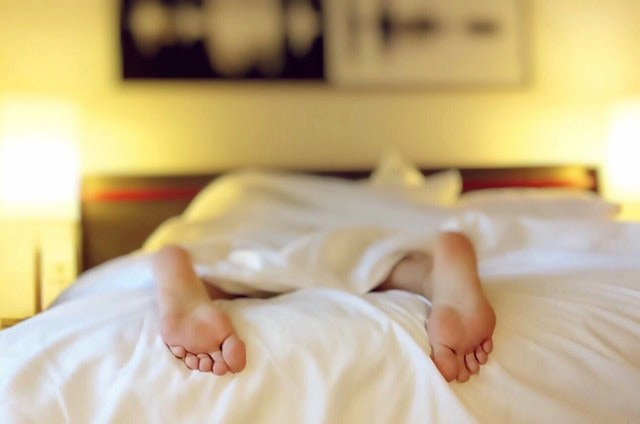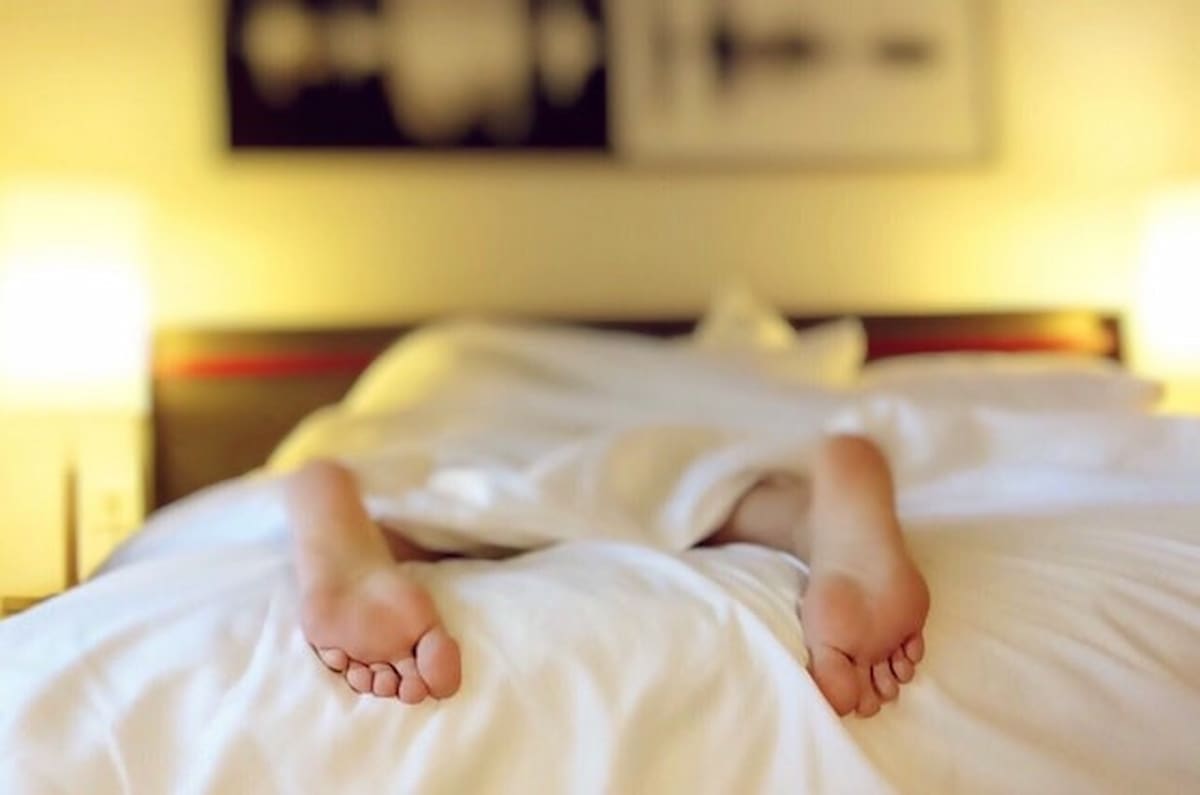7-8 hours of sleep every night, 8 glasses of water a day, and several thousand (if not 10,000 ) steps a day, can contribute significantly to our physical and mental well-being. However, there are nights when you just can’t fall asleep, and the hours go by agonizingly slowly.
If you think you are doing everything right and cannot understand why your precious sleep is disturbed, resulting in not resting well, experts suggest you drop here and now the following five morning habits:
1. You consume a lot of caffeine
Did you know that excessive caffeine consumption in the morning can disrupt your entire sleep routine? Most healthy adults can safely enjoy up to about four cups of brewed coffee a day. The effects of caffeine generally appear within 15 minutes and peak about an hour later. Six hours after consuming caffeine, half is still in our body. It can take up to ten hours to completely clear caffeine from our bloodstream.
So, we may have coffee in the morning and feel the caffeine until the evening. Especially those who are sensitive to caffeine. According to experts, it would be good to reduce caffeine a little to see how this would affect our sleep.
2. You wake up at different times every day
Many sleep experts suggest setting a standard waking time and following it as best you can, even on weekends. Why? If we sleep a few more hours on Sunday, for example, we may get tired much later than usual, which means that bedtime changes, and we may be very tired when we wake up early for work on Monday.
An irregular sleep schedule can increase the risk of what experts call “social jet lag”, causing, for example, increased inflammation and a higher risk of depression. However, there are definitely benefits to compensating for lost sleep on the weekends, especially if we have a great need for sleep.

3. You are not exposed to natural sunlight
Sleep follows our circadian rhythm, which affects almost everything, from the regulation of hormones to body temperature. And the sun’s cycle has a huge impact on this rhythm every day. Our body’s circadian clock is more sensitive to light, starting about two hours before normal bedtime and lasting all night until about one hour before normal waking hours.
Somehow, we understand that exposure to plenty of bright light in the morning can help us change our bedtime and go to bed earlier. By nightfall, we are more likely to fall asleep and surrender to Morpheus.
4. You do not make a list of what you need to do
A to-do list can drive away the stress that usually catches us most intensely before bed and does not let us sleep. When we try to manage our to-do list, we’re likely to forget some things. Recording what we have to do, gives us something specific that we can refer to when we feel that our brain is in a confused state. It is also good to note up to five things at a time, no more.
5. You are constantly on your cellphone
When, immediately after waking up, we check our cell phone, it means that we let someone else dictate to us what the first thing we should have in mind is. If we wake up and check our phone and there is an email from our boss saying, ‘We need to talk’, or an email from a customer saying, ‘Hello, can I call you later?’, we may go from the relaxed state we’re in directly to a panic state.
So, let’s set an alarm instead of relying on our phones to wake us up. What we need to be sure of is that between the time we wake up and the time we fall asleep, is without a phone. Only then will we see a change in the quality of our sleep.
Changing your morning habits
Sleep is essential to every process in the body, affecting our physical and mental functioning the next day, our ability to fight disease and develop immunity, and our metabolism and chronic disease risk. Good sleep is essential for maintaining our baseline mental health, as one night of sleep deprivation can dramatically affect our mood the next day. Follow the tips above about your morning habits to make sure you get a full night’s sleep.

















